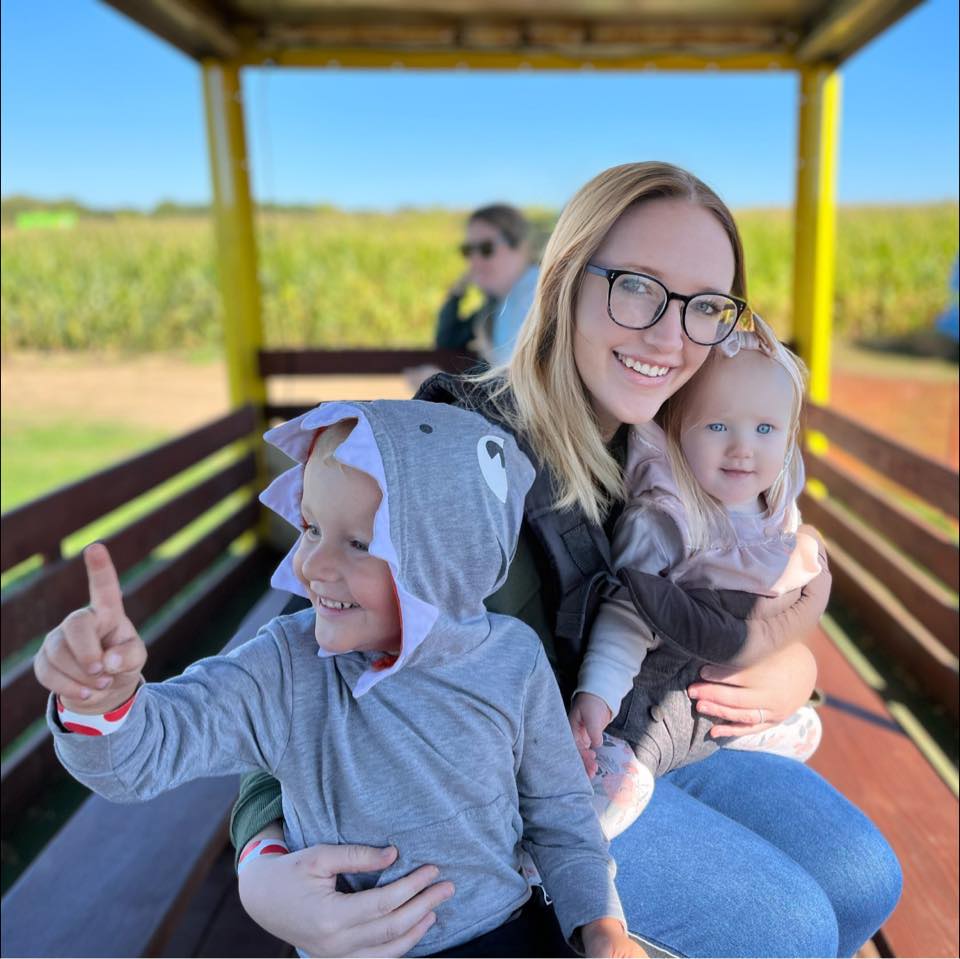
Max started riding the school bus to an elementary school when he was just 3 years old to attend a preschool for speech and language development.
My husband and I joked that the transition to kindergarten wouldn’t phase us, since we’d be veterans at school transitions.
But then the kindergarten registration postcard arrived in the mail. And a few weeks later, I received a call from the district’s deaf and hard of hearing coordinator to talk about Max and his accommodations. I avoided her call for a week.
I’ve never experienced hearing loss, and my son has never been to kindergarten. How was I supposed to know what kind of accommodations he would need?
Hearing loss in children, if not identified at birth through screening programs, can often remain unnoticed until they reach elementary school. The reasons for this are deeply rooted in the nature of early childhood education environments, particularly those of preschool and prekindergarten, and the developmental milestones expected at these stages.
Preschool settings are heavily centered around play, a universal language that transcends verbal communication. Activities are designed to be inclusive, fostering social, emotional and cognitive development through interaction with peers and the physical environment. Children can develop non-verbal cues to engage and learn, subtly sidestepping the hurdles of their hearing impairments.
However, the leap to kindergarten introduces a different environment, one based on structure and oral instruction. Suddenly, the reliance on listening and verbal communication jumps to the forefront, and the coping mechanisms that once served children well may falter in this new setting.
This is why it is so difficult to predict the accommodations that will be necessary following major transitions like the one from preschool to kindergarten: Success in a playful, relaxed setting doesn’t necessarily translate to a structured classroom where listening takes center stage.
When I finally returned the call to the deaf and hard of hearing coordinator, she asked me to sign a medical release so she could review his records and speak with his audiologist to anticipate what supports he will need when he starts kindergarten in the fall.
I told her I appreciated the proactive approach, but I wanted assurance that there would be reactive components to his IEP, also. The path of advocating for Max through his educational journey looms ahead, yet I’m comforted knowing we have allies within the school district and the broader hearing loss community.
But perhaps the most poignant reminder of our greatest ally came unexpectedly from Max himself. I don’t remember the question Max asked or what my answer was, but I do remember that I was responding with my back turned to him while multitasking.
“Mommy, I need you to look at me and say it louder.”
He said it with such conviction that it startled me. And it made me more proud than any other moment in my life.
Navigating this journey with Max, we’re learning together — about the accommodations he needs and the strength of his voice.
